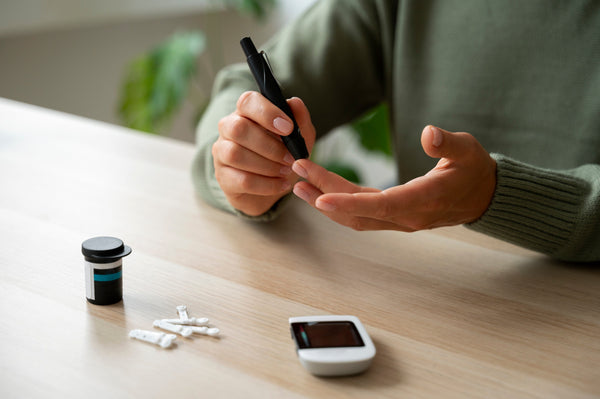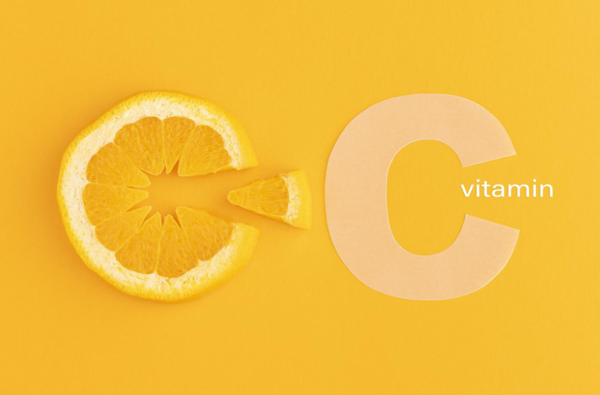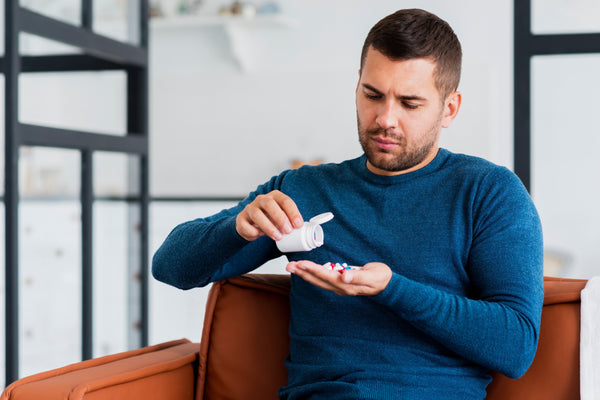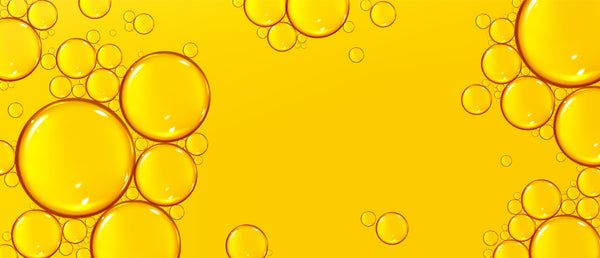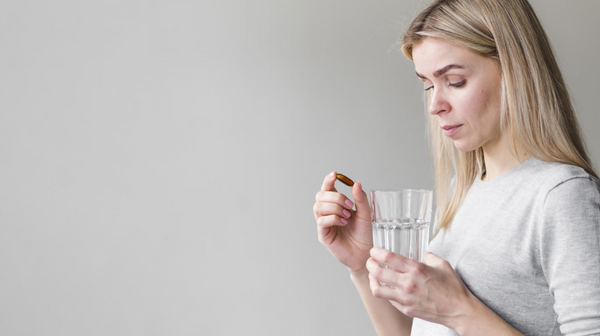xIt’s quite a known fact that coffee helps us with those long hours of assignments and comes in handy during a hangover or one of those crazy all-nighters. But how does coffee do it? The answer is caffeine! In this article, we learn all about caffeine and how it reacts in our body. Let’s dive in.
What is Caffeine?
Coffee acts as a stimulant in your body and helps remove tiredness and increase your energy levels. In other words, it makes you more alert and awake. One may also call it the most commonly consumed psychoactive substance in the entire world, as caffeine gets absorbed in your bloodstream and from there directly travels to your brain to give you that so-called caffeine high or energy boost. On reaching your brain, caffeine inhibits ‘adenosine’, which is an inhibitory neurotransmitter. Caffeine has also shown to have significant impacts on your brain function - including improving memory, mood, energy levels, and reaction times.
Well, that answers why so many people swear by that morning cup of coffee everyday!

Where does caffeine come from?
Caffeine comes from a range of plants, such as coffee, black and green tea, or cocoa. You may also notice that many of your soft drinks or cola products also showcase caffeine in their ingredient list, however, it is suggested not to go to these products for your caffeine buzz as they also contain very high sugar levels, which as we all know, are not very good for our health.
Dosage
As per FDA, the right caffeine dose amounts to around 400 milligrams per day - this equals to about four to five cups of coffee. However, keep in mind that this dosage is for healthy adults, it may have an adverse effect on those sensitive to coffee. You should always consult with your doctor for the right dosage if you have any chronic condition, are allergic, pregnant or breastfeeding.
Is caffeine good?
It’s very common for many people to develop a caffeine dependency - sometimes akin to various psychoactive drugs. After being a regular coffee consumer, when you try to get off of it, you may face caffeine withdrawal symptoms, such as irritability, mood swings, fatigue, body aches, and headaches. These symptoms can last for upto a week for regular coffee drinkers.

However, it may be worthy to note that these symptoms only occur when you completely resign from coffee consumption, in other cases or in case of lower consumption, you may not have to deal with these symptoms.
Caffeine high is not related to an increase in energy levels in your body, but rather the temporary effect it has on your brain receptors. Moderation is advised during consumption.
References
- Spilling the Beans: How Much Caffeine is Too Much?
(https://www.fda.gov/consumers/consumer-updates/spilling-beans-how-much-caffeine-too-much) - Cappelletti, Simone et al. “Caffeine: cognitive and physical performance enhancer or psychoactive drug?.” Current neuropharmacology vol. 13,1 (2015): 71-88. doi:10.2174/1570159X13666141210215655 (https://www.ncbi.nlm.nih.gov/pmc/articles/PMC4462044/)
- National Center for Biotechnology Information (2021). PubChem Compound Summary for CID 2519, Caffeine. Retrieved June 17, 2021 from https://pubchem.ncbi.nlm.nih.gov/compound/Caffeine.
- Evans J, Richards JR, Battisti AS. Caffeine. [Updated 2020 Dec 2]. In: StatPearls [Internet]. Treasure Island (FL): StatPearls Publishing; 2021 Jan-. Available from: https://www.ncbi.nlm.nih.gov/books/NBK519490/
- Cornelis MC. The Impact of Caffeine and Coffee on Human Health. Nutrients. 2019;11(2):416. Published 2019 Feb 16. doi:10.3390/nu11020416 (https://www.ncbi.nlm.nih.gov/pmc/articles/PMC6413001/)














